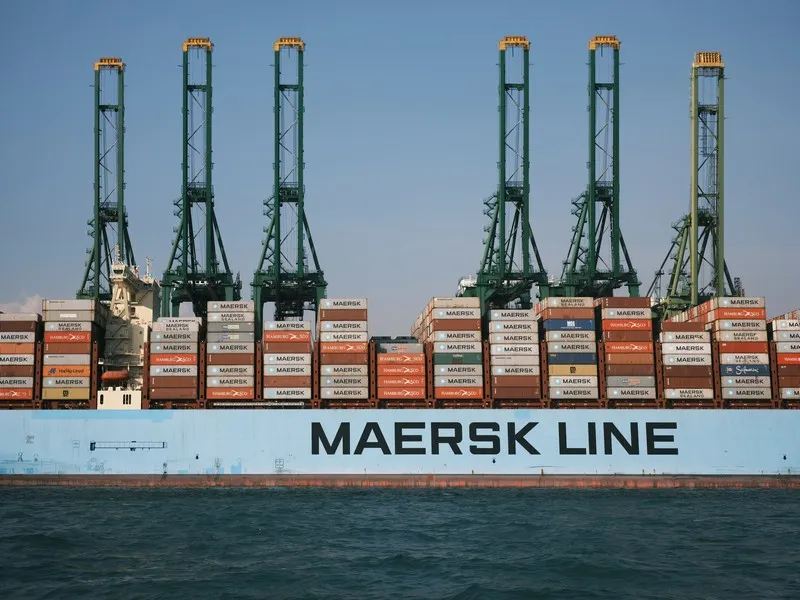In the field of sociology, the concept of “commodity chains” is a crucial framework for analyzing the complex networks and processes involved in the production and distribution of goods. Commodity chains provide insights into the social, economic, and political dynamics that shape the global economy. This article aims to outline and explain the concept of commodity chains, its key components, and its significance in understanding the modern world.
Definition of Commodity Chains
A commodity chain refers to the sequence of activities involved in the production, distribution, and consumption of a particular product. It encompasses the various stages through which a commodity passes, from its initial extraction or production to its final consumption or disposal. Commodity chains are characterized by the interconnectedness of different actors, institutions, and geographical locations, highlighting the global nature of economic processes.
Key Components of Commodity Chains
Commodity chains consist of several key components, each playing a crucial role in the overall process. These components include:
- Input Suppliers: These are the entities that provide the necessary raw materials, resources, and components required for production.
- Producers: Producers are the entities responsible for transforming the inputs into finished goods. This stage often involves manufacturing, processing, or assembly.
- Distributors: Distributors are responsible for transporting the finished goods from producers to retailers or consumers. They may include wholesalers, logistics companies, or retailers themselves.
- Retailers: Retailers are the final link in the commodity chain, where the goods are made available to consumers. They can range from small local shops to large multinational corporations.
- Consumers: Consumers are the end-users of the commodities, purchasing and utilizing them for various purposes.
Understanding the Significance of Commodity Chains
Commodity chains provide a valuable framework for understanding the social, economic, and political dynamics of the modern world. Here are some key reasons why commodity chains are significant:
1. Global Interconnectedness:
Commodity chains highlight the interconnectedness of different regions and nations in the global economy. They demonstrate how the production of goods often involves multiple countries, with each contributing specific resources or expertise. Understanding commodity chains helps us appreciate the complex web of relationships and dependencies that shape the global economic landscape.
2. Power Dynamics:
Commodity chains shed light on power dynamics within the global economy. They reveal how certain actors or institutions exert control and influence over different stages of the chain, often resulting in uneven distribution of benefits and resources. By analyzing commodity chains, sociologists can examine issues of exploitation, labor rights, and economic inequalities.
3. Environmental Impact:
Commodity chains also provide insights into the environmental impact of production and consumption. By tracing the various stages of a commodity’s life cycle, from extraction to disposal, researchers can identify the ecological consequences associated with different stages. This understanding is crucial for addressing sustainability challenges and promoting environmentally responsible practices.
4. Social and Cultural Dimensions:
Commodity chains are not solely about economic processes; they also have social and cultural dimensions. They reflect the values, norms, and practices embedded in the production and consumption of goods. By examining commodity chains, sociologists can explore how cultural factors shape consumer behavior, advertising strategies, and global cultural flows.
Conclusion
Commodity chains provide a comprehensive framework for understanding the complex networks and processes involved in the production and distribution of goods. By analyzing commodity chains, sociologists can gain valuable insights into the global economy, power dynamics, environmental impact, and social-cultural dimensions of the modern world. Understanding commodity chains is essential for comprehending the intricate interplay between economic processes, social structures, and cultural practices.





